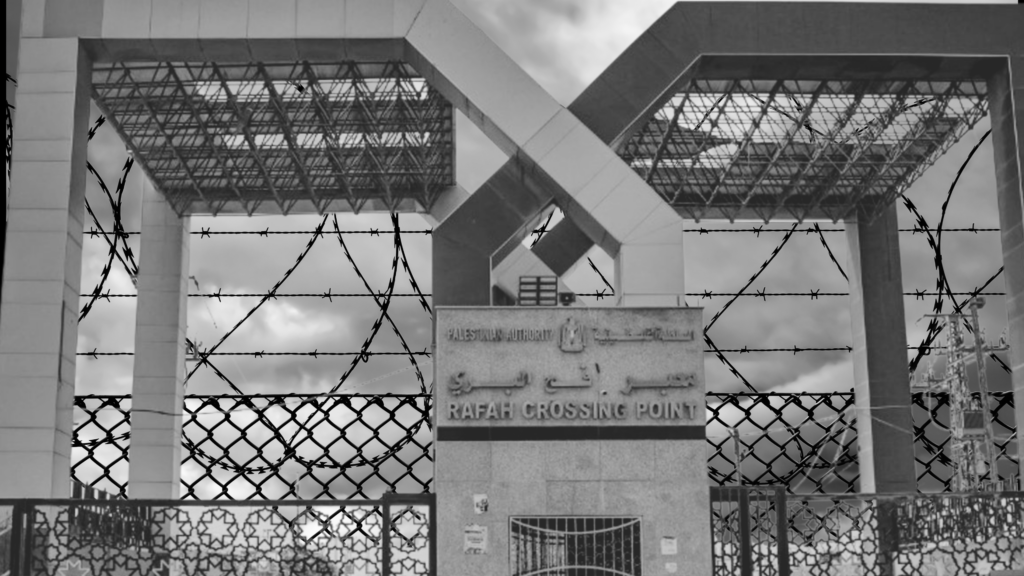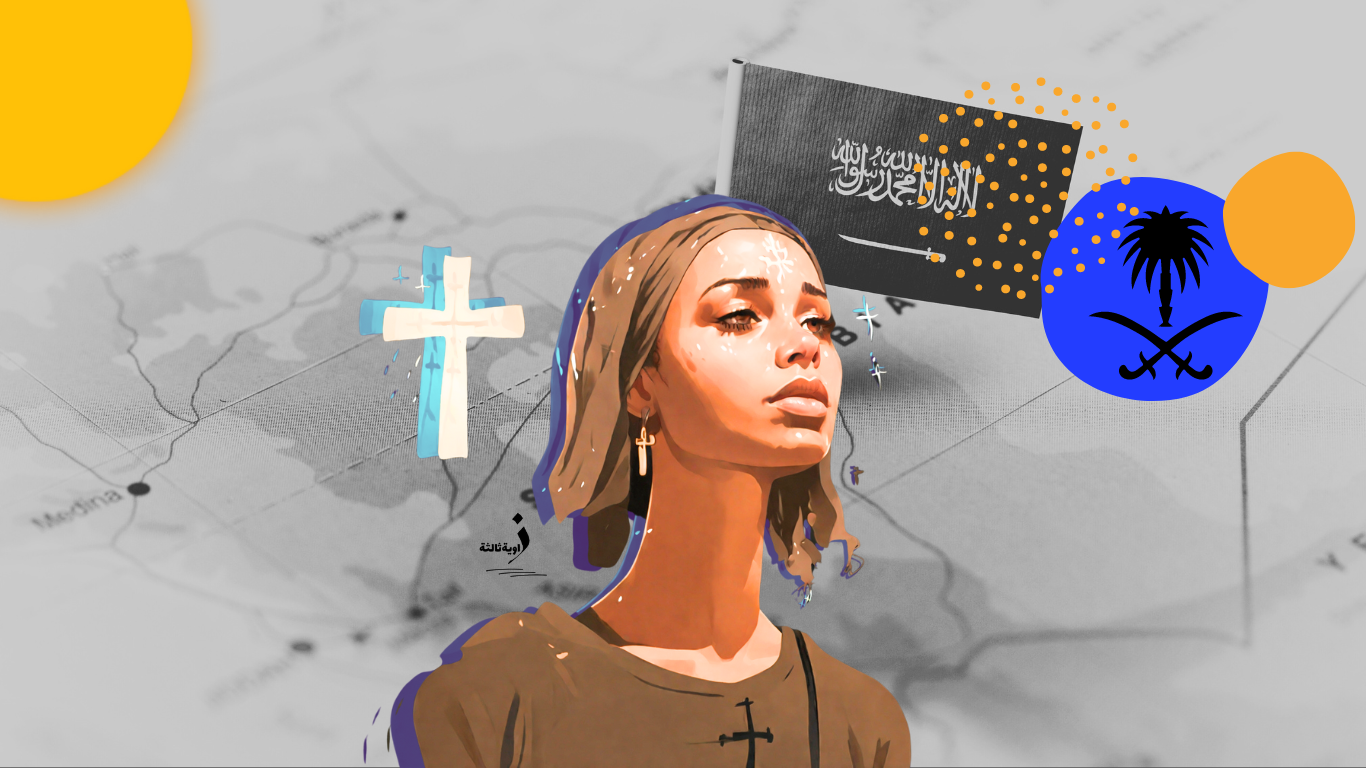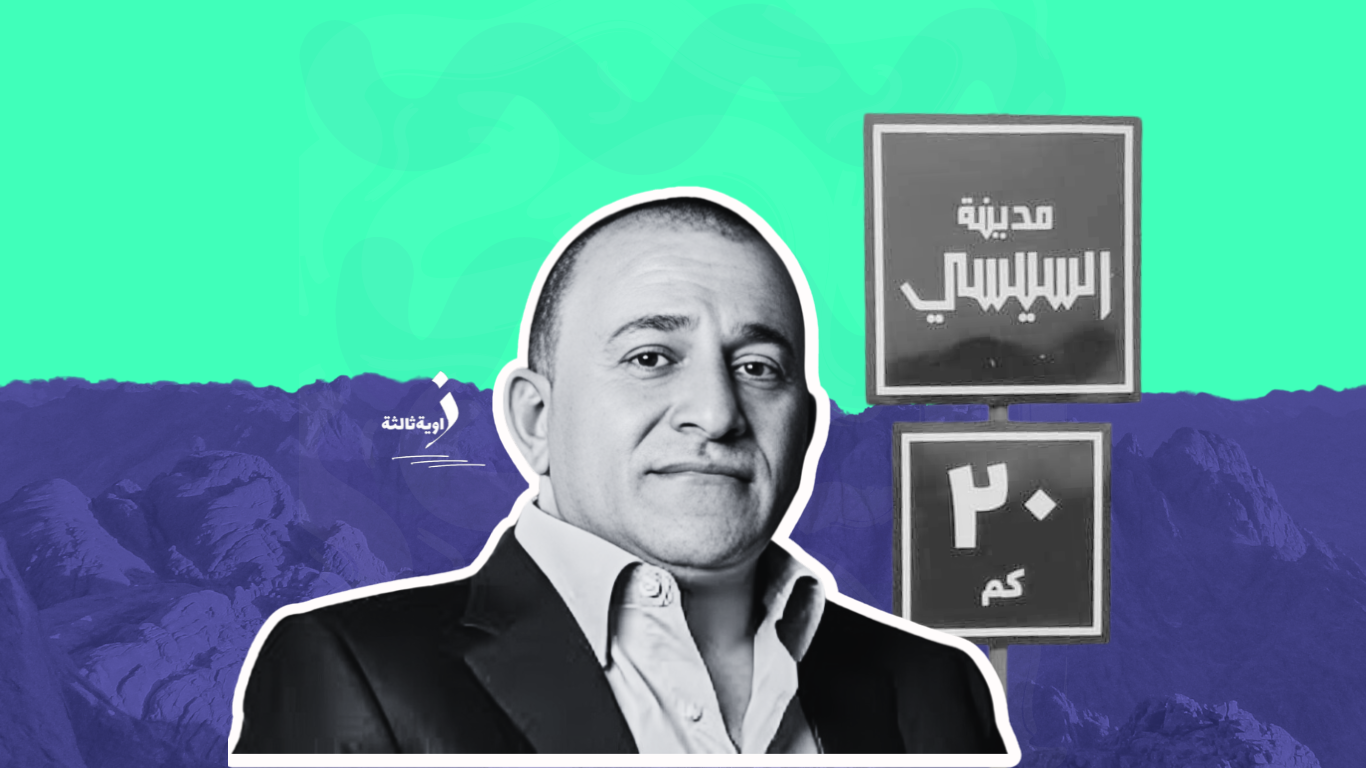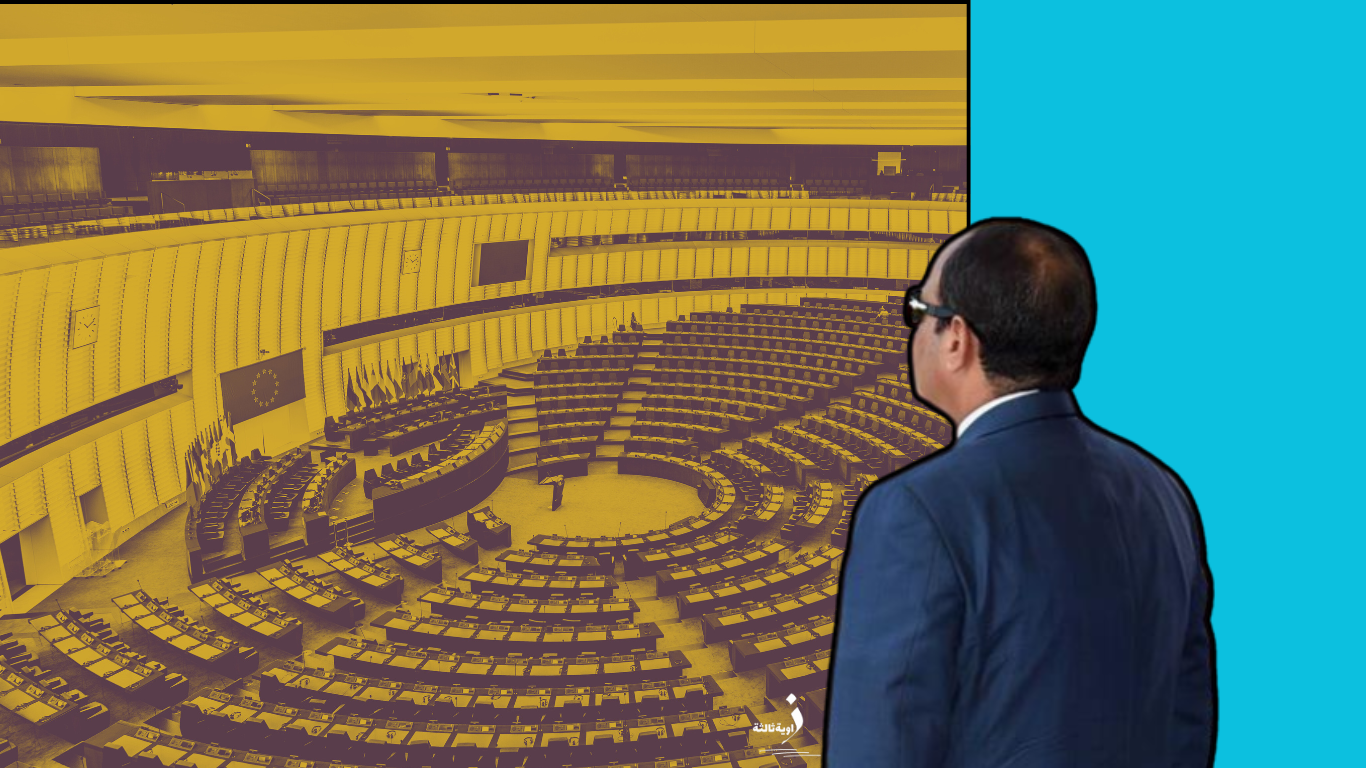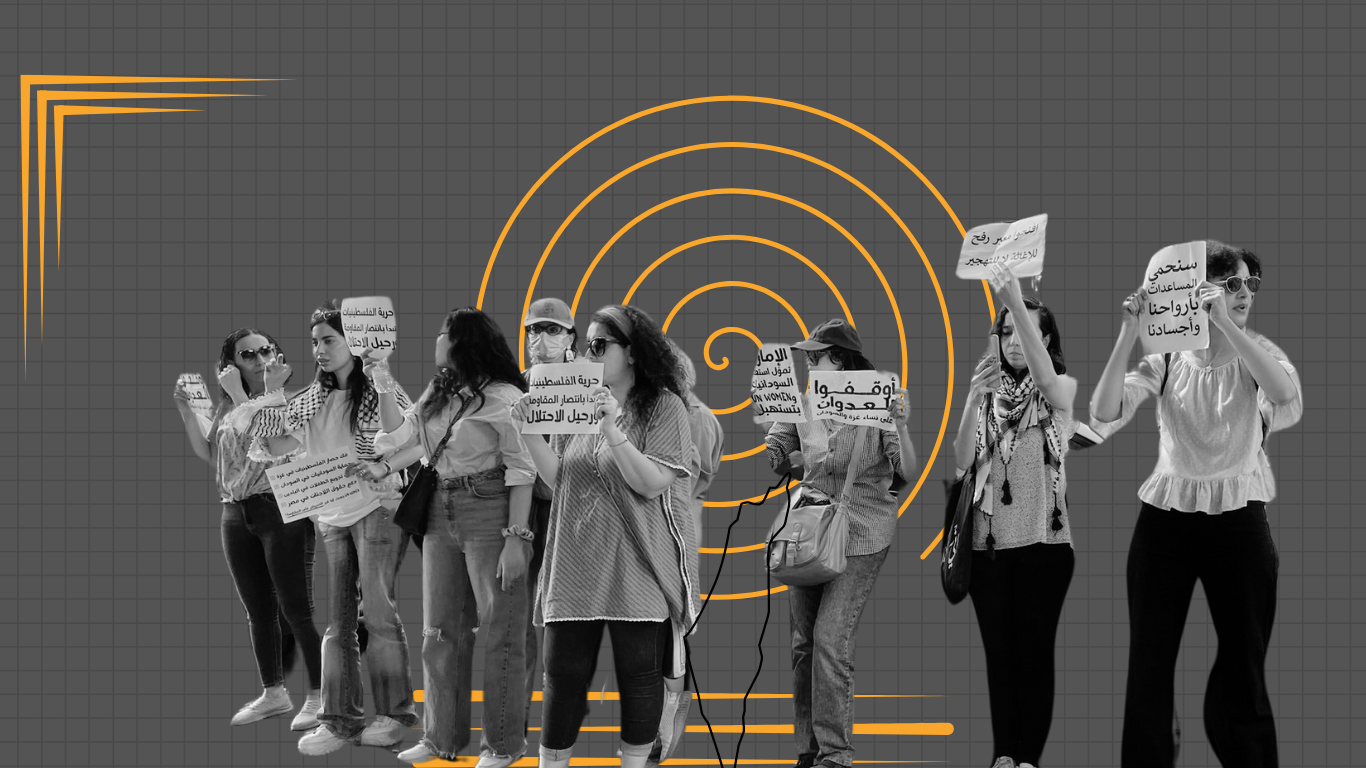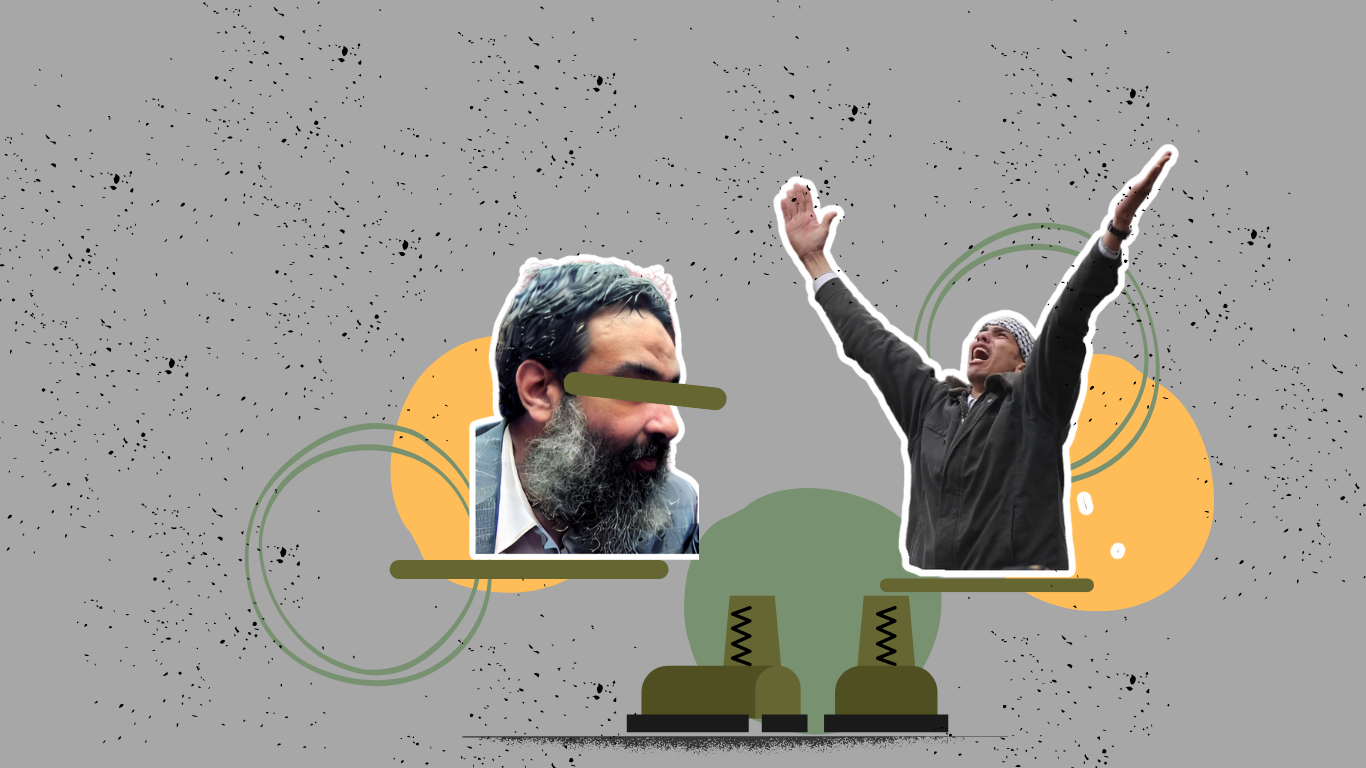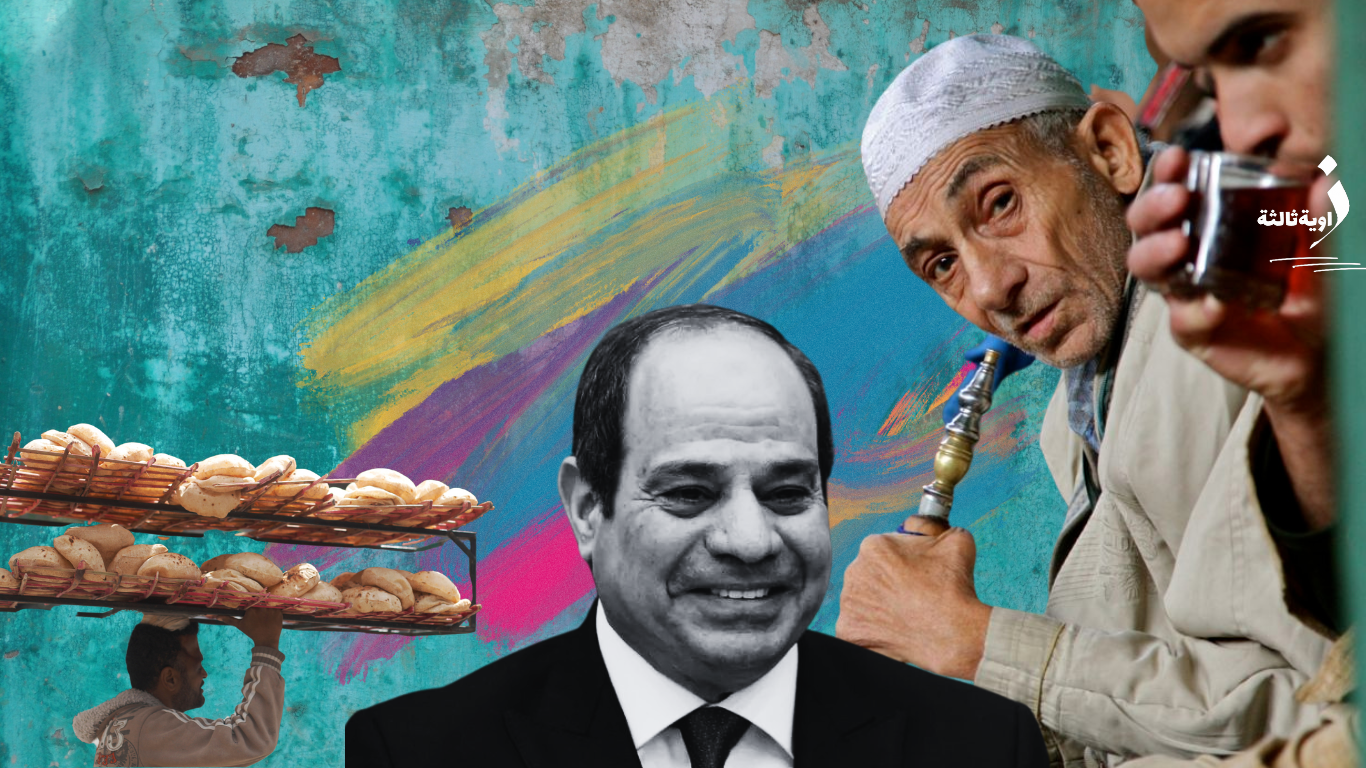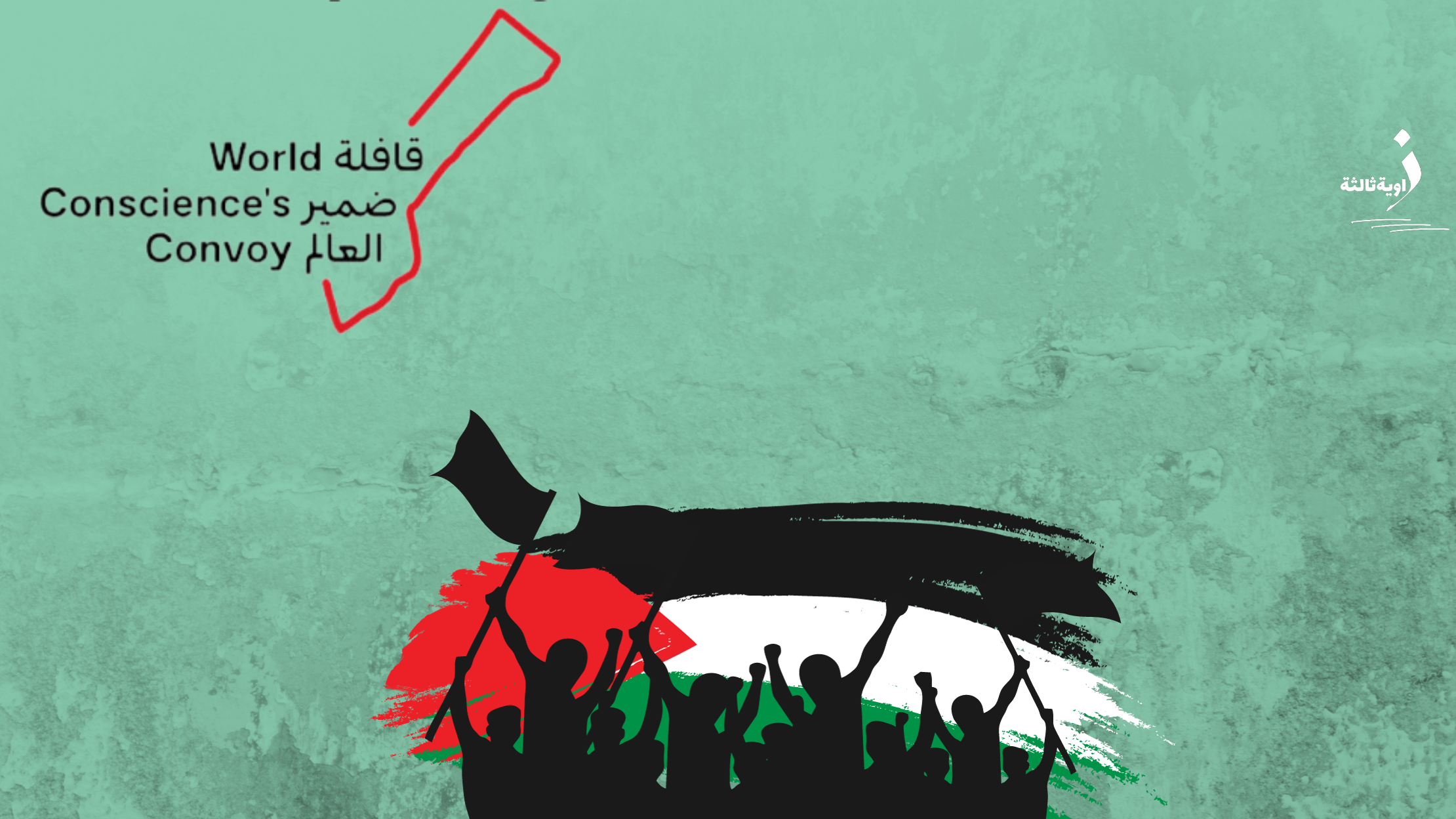Against the backdrop of the ongoing war between Palestinian resistance factions, particularly Hamas, and the Israeli occupying forces, Egyptian doctor Sami Hijazi remains detained at the Rafah border crossing. There, in Gaza, blood is shed every moment. Being a doctor has made him a target from the start, but he strives to protect his small family, which has accompanied him since the beginning of this war on October 7th. At the same time, he hasn’t forgotten his duty as a doctor and has engaged with the medical team at Nasser Hospital in Khan Yunis, participating in a special battle to save hundreds of wounded and affected individuals with their bare hands.
Three days into the war, the Egyptian Ministry of Emigration announced receiving an urgent plea from around 30 Egyptians holding Canadian citizenship, who were present to visit the Holy Land. The ministry pledged to take all necessary measures to safely evacuate them. Conversely, thousands like Dr. Sami and his Egyptian family are pleading for help without a single official responding. Despite some being martyred and an unknown number injured due to continuous shelling in all neighborhoods of Gaza, the only comment from the ministry affirms that all Egyptians in the sector are “safe.” Meanwhile, the Gaza government’s media office called on stranded Egyptians to contact the Egyptian embassy in Ramallah in the West Bank, but according to numerous accounts, there has been no response or confirmation of their inclusion in exit lists.
Official Negligence
Sawsan Aziz, whose daughter is stranded in Gaza, says, “After witnessing the Egyptian Ministry’s response to the urgent plea of Canadian Egyptians on the third day of the war, I tried to communicate with them but received no response for two weeks. Must my daughter carry another foreign nationality to escape the siege and death?” She is not alone in questioning the Egyptian government’s handling of Egyptians stranded in Gaza. Through personal interviews with 400 individuals, whether families of stranded individuals in Egypt or Egyptians in the turbulent Palestinian territories, all raised legitimate concerns about the Egyptian government’s ability to enforce Article 88 of the constitution. This article recognizes their right to state protection and care for their affairs abroad, including immediate evacuation during wars and conflicts. However, the announced performance by the Egyptian authorities demonstrates the opposite. Only 100 Egyptians are allowed to exit each day when the crossing is open, a limited and controlled evacuation.
Egypt Must Act
In a statement to Zawia3, Medhat Al-Zahid said, “The essential point in the Gaza issue is the necessity for Egypt to liberate itself from the burdens of Camp David and its appendices, especially the 2005 Philadelphia Agreement, which regulates the relationship at the crossing and grants Israel the right of veto over everything entering or leaving Gaza, requiring an amendment to the crossing agreement.” The head of the Popular Socialist Alliance Party added, “It is necessary for the Egyptian authorities to use comprehensive international pressure, including European and American personalities and deputies from around the world, to organize human convoys and stage sit-ins at the crossing, affirming the need to permanently open it.”
While testimonials confirm no Egyptians who registered with the Ministry of Foreign Affairs or the Egyptian Embassy in Ramallah have exited, the official response remains consistent. Foreign Minister Sameh Shoukry reiterates Cairo’s position of keeping the Rafah crossing open from the Egyptian side but links the possibility of aid entry to agreements between the Israeli occupation, UN agencies, and verification procedures for shipments entering Gaza.
In response, Khaled Salim notes that daily lists released by the crossing administration primarily include specific families, the majority being Egyptians with dual nationality (Egyptian-Palestinian). He suggests reviewing the lists, stating that some families, like the Zarab and Al-Kahlout families, are consistently included each time and are of Palestinian origin.
Political Pressure
Youssef expresses severe anger at what he perceives happening behind the scenes. Having closely observed the Palestinian Authority’s conduct in Gaza in the months preceding the war, he questions whether the delay in evacuating Egyptians before the conflict is intentional, potentially to use them later in specific deals or negotiations. Youssef emphasizes, “We have seen death with our own eyes; they let foreigners pass and leave us helpless. Why?”
In response to these queries, Elham Eidarous, deputy head of the emerging Liberty and Life Party, asserts that the failure to evacuate Egyptian citizens from Gaza reveals a crisis within the Egyptian administration. She points out that the Egyptian government possesses effective tools to gain more time and achieve victories for the cause but fails to utilize them. Eidarous further claims that Israel exercises systematic pressure and blackmail on the Egyptian side, to which the Egyptian government succumbs. She emphasizes that controlling the Rafah Crossing is a matter of Egyptian sovereignty, and any interference threatens that sovereignty. Holding Egyptians within is nothing but cheap extortion by the occupation.
Eidarous concludes by stating her party’s position, advocating for the permanent opening of the crossing for continuous aid and the immediate, uncoordinated evacuation of the wounded, elderly, and children in Gaza, along with anyone holding Egyptian nationality, without discrimination. She stresses that the Israeli occupation’s control over who exits is humiliating, requiring political pressure for a ceasefire, or all efforts will be in vain. Eidarous believes that Egypt’s weak stance is linked to the weakness of Arab countries, which rushed into normalization with the occupation. She calls on these countries, particularly Egypt, Syria, Lebanon, and Jordan, to use their effective tools, such as oil, to assert their real role.

